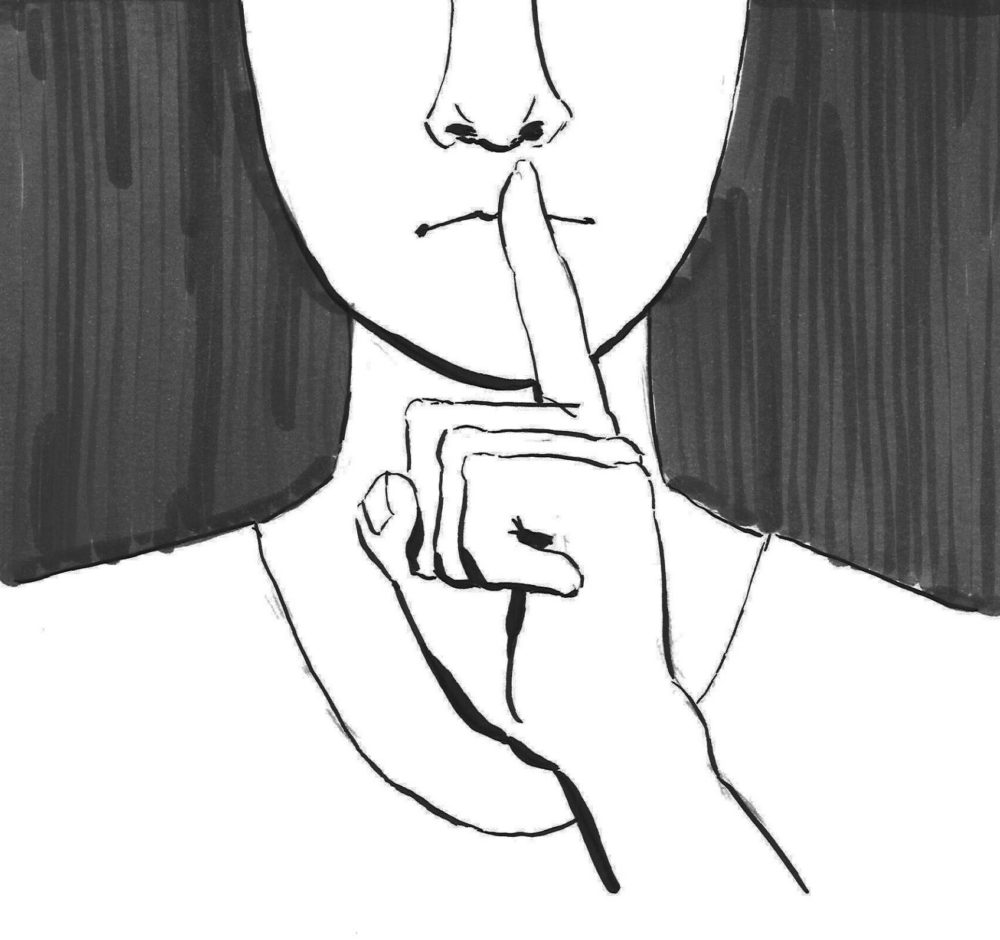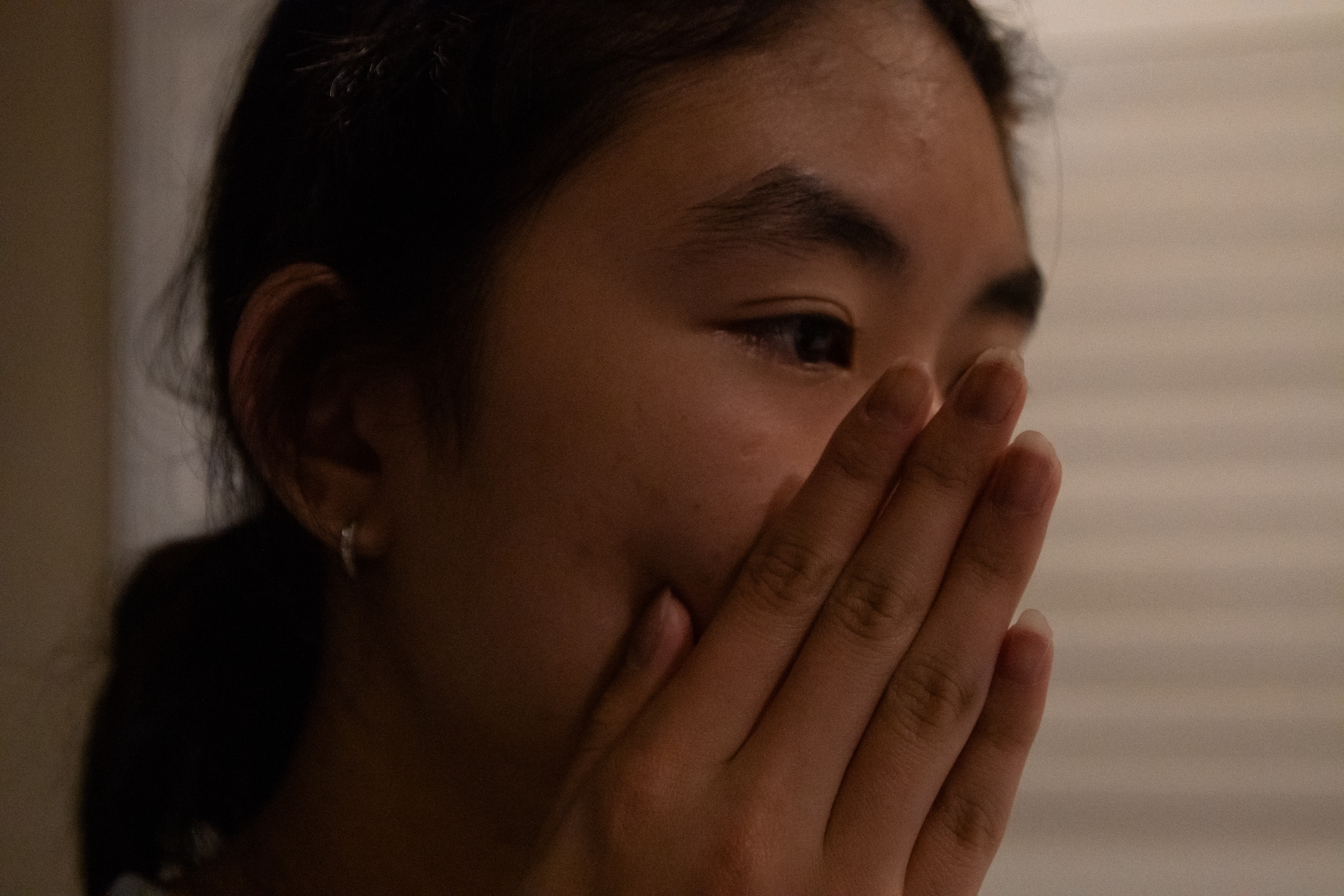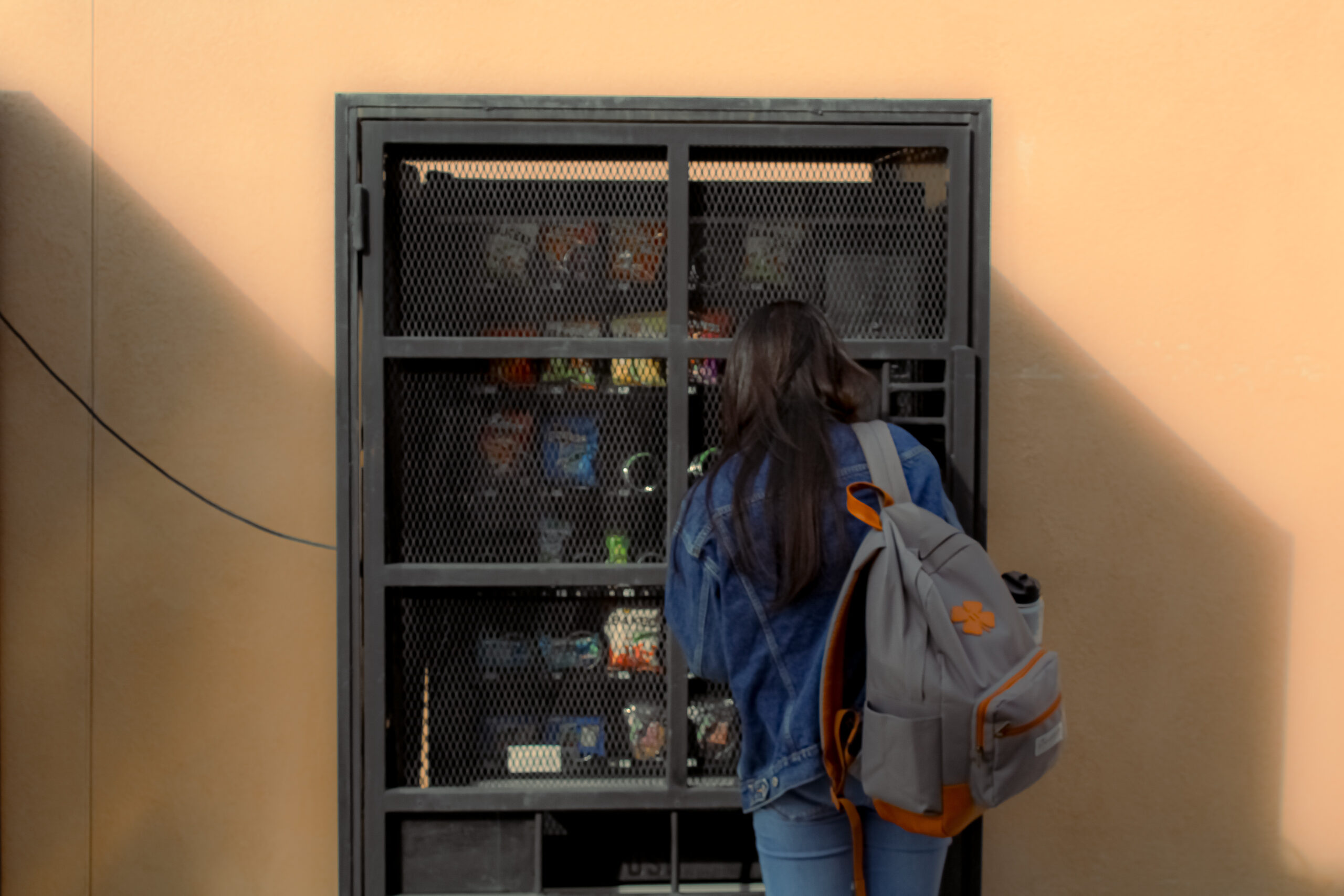
By Aozora Ito, Co-Editor-in-Chief
In 2006, I moved to the United States from Japan at the age of six. On the first day of school, I experienced tremendous culture shock when I saw how social the kids around me were. There was more body contact, noise and group work than was ever the case in my home country. In Japan, six-year-olds had to raise their hands before speaking. We sat in an orderly-seated classroom with the voice of our teacher echoing off the plain, white walls. Japanese kids worked on given assignments independently, and it was normal for the classroom to stay silent for 20 to 30 minutes straight.
This is my 12th year at an American public school, and I have painfully felt a greater emphasis placed on extroversion over introversion. In my English class, just being present and actively listening would get you a grade no higher than a ‘C’ for participation. This was not a case applicable to only my humanities classes either. In my statistics class, students must “volunteer” to teach a homework problem to the whole class in order to get an ‘A’ grade for participation. Another teacher once told me as they chuckled, “Why are you so serious all the time? Chill.”
For a long time, I’ve been trying to act like an extrovert for the sake of fitting in to society’s standards. I pretend like my voice isn’t shaking during discussions and act like my heart isn’t beating quickly during daily roll calls. Many introverts like me may have felt at some point: “This isn’t me. I don’t want to keep living in fear of being out of place.” I admit that extroversion is an enormously appealing personality trait, but we’ve turned it into an oppressive standard that introverts feel we must conform to.
The common misunderstanding of introversion is shyness. According to Susan Cain, the author of “Quiet: The Power of Introverts in a World That Can’t Stop Talking,” shyness stems more from fear of social judgment and self-consciousness, while introversion is a true preference for the quieter, contemplative environment. The biggest difference between extroverts and introverts is a sensitivity to stimulation.
Extroverts are less sensitive to physical stimulation. That’s what Jerome Kagan, a developmental psychologist, studying the cognitive development of children, found when he measured infants’ heart rates, blood pressures and other properties of the nervous system. Those measures are believed to be linked to an “emotional brain” called the amygdala, which drives our basic instincts such as appetite, sex drive and fear. Kagan found that quiet infants were silent because they had a nervous system that was unmoved by stimulation.
For the one-third of the population who are introverts, introversion isn’t something that needs to be cured. Studies have shown that there is no correlation between being the best talker and having the best of ideas; us introverts must trust our guts and communicate our ideas to the world as powerfully as we can. For me, that platform is writing.
As Cain would say, “We have two ears and one mouth and we should use them proportionately.” Let’s have the courage to speak softly.
Aozora Ito is a third year member of Baron Banner and the 2017-2018 Co-Editor-in-Chief. After graduating from FVHS, Ito will be attending USC’s Marshall School of Business.






Awesome! Its in fact amazing paragraph, I have got much clear idea regarding from this piece of